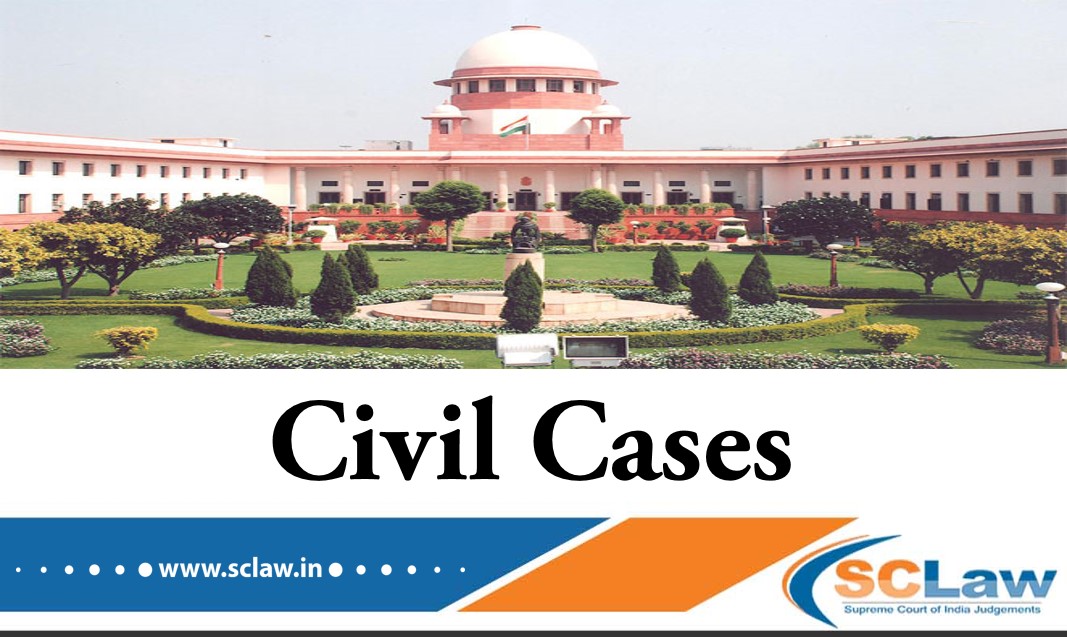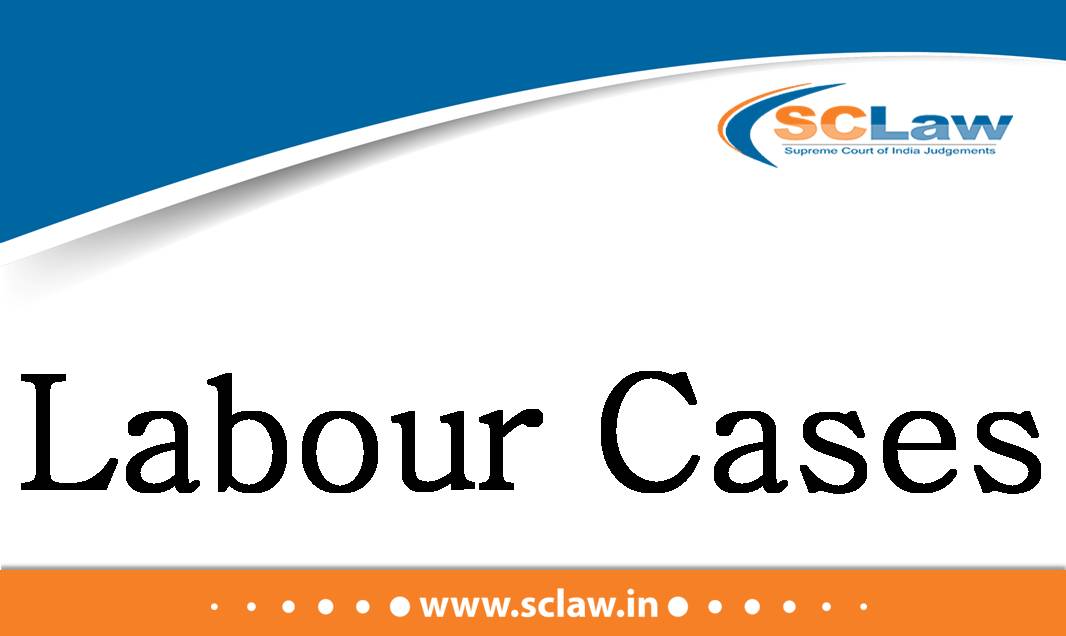Revenue Law—Jurisdiction of Civil Court—Once agricultural land loses its basic character and has been converted into authorized/unauthorized colonies, the bar on jurisdiction of civil courts would not be attracted.
(2017) AIR(SCW) 5852 : (2017) AIR(SC) 5852 : (2018) AllSCR 145 : (2017) 245 DLT 355 : (2017) 12 JT 272 : (2018) 1 LawHerald 177 : (2018) 1 LawHerald(SC) 1 :…








